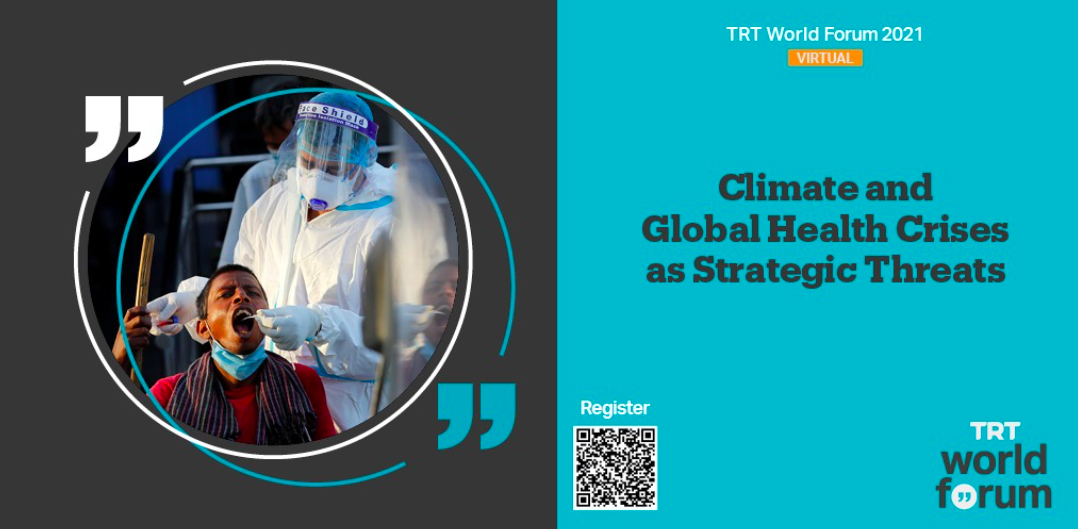In the wake of the Covid-19 pandemic, with its profound social, political, economic, and public health impacts still being felt worldwide, strategists are already focusing on how to guard against the next pandemic. The immense economic and human costs of Covid-19 have made the threat of infectious diseases to state interests undeniable. From supply chain disruptions to severe economic shocks, the consequences of another pandemic, potentially as severe or worse than Covid-19, have placed infectious disease firmly on the radar of decision-makers globally.
Global health crises have also shown their ability to disrupt the global strategic balance, with some actors using the pandemic to further their own strategic goals. Meanwhile, climate change continues to pose a significant threat to both human and economic security on a global scale. Climate-related risks such as extreme weather events, failure in climate action, and environmental degradation represent existential challenges, becoming some of the most pressing risks to strategic interests in the coming decades.
The scope, scale, and speed of global crises today are prompting a shift in strategic thinking. Strategic concerns are no longer limited to nuclear weapons and energy access; forces beyond human control, including natural disasters, climate events, and global health crises, are increasingly shaping the global strategic landscape.
